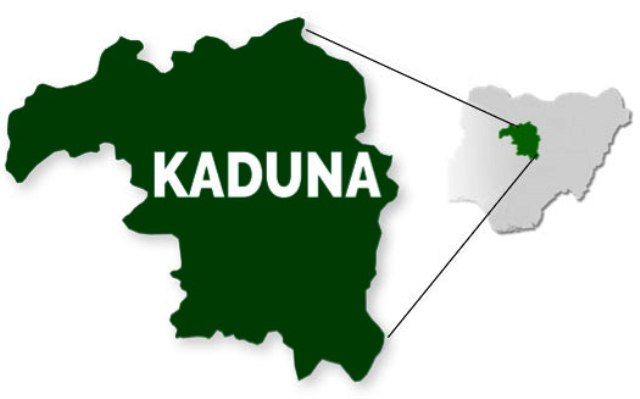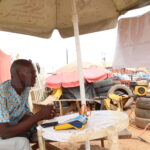Residents of Kaduna, Kaduna State, on Sunday attributed the low turnout of voters in the area to the cash crunch occasioned by the new naira policy.
Some of the residents said they could not travel to enable them exercise their franchise.
Mr Faisal Adamu (28), a commercial tricyclist, said he had been a regular voter since he reached voting age, but lost interest in the ongoing polls.
He said agents of politicians who had met them earlier to solicit their votes collected their account numbers but that they never saw credit alerts even after the polls.
He said, “These politicians are not trustworthy. That was why I did not waste my time going to the polling unit. In previous years they gave us cash and we voted
Similarly, Ms Jemimah Nuhu, an agro allied business woman, said she couldn’t travel to her home town in Kachia LGA of Kaduna to cast her vote due to cash shortage.
She noted that, “If I had gone this year, I’m sure with the cash shortage, vote buyers would have been confused and disappointed, because most times, vote buying helped them to achieve their target through the unpatriotic and gullible ones.”
Another voter, Victor Azubuike, said the CBN cash policy dis-enfranchised several Nigerians who would have loved to travel to their preferred places to cast their votes.
He, however, said that the cash policy had ensured, to a very reasonable extent, that those who came out to vote did it without the influence of material things or cash.
But Mr Muhydeen Muhammad, an online journalist, said that from what he witnessed, President Muhammadu Buhari’s policy on the naira had a good impact on the elections.
He said, “Despite the low turnout of voters which might have been hugely due to lack of cash, the ones who voted would make Nigeria be seen greater in the eyes of the world and demystify history.
“Those who voted did so on the backdrop of the perceived competence and credibility of their candidates rather than choices of others (vote buyers) which the availability of cash would have played a critical role in.” (NAN)

 Join Daily Trust WhatsApp Community For Quick Access To News and Happenings Around You.
Join Daily Trust WhatsApp Community For Quick Access To News and Happenings Around You.

